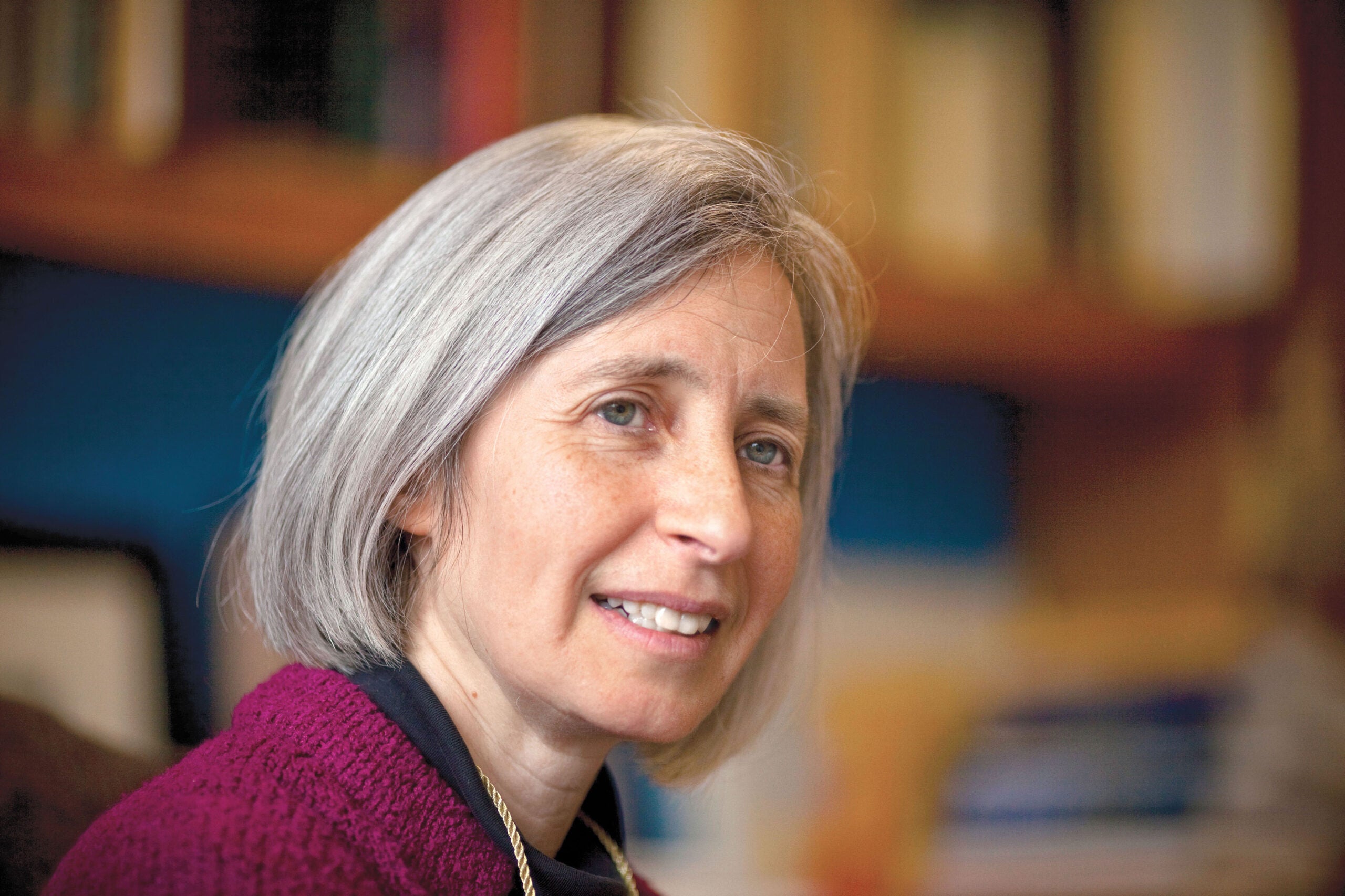Last summer, HLS alumni and friends welcomed me on my first journey to East Asia. I will never forget the sense of energy, spirit of gratitude, and invitations to learn from leaders in law, academia, business, the judiciary, and government, including remarkable graduates and former research fellows. Traveling with my colleague Professor Bill Alford ’77—vice dean for the Graduate Program and International Legal Studies and chair of the Harvard Law School Project on Disability—was truly like traveling with a rock star. His work and mentorship are rightly as legendary as his generosity and warmth.
With gratitude for the gift of this trip, let me share a few memories.
In Seoul, business and government leaders offered glimpses of South Korea’s economic miracle—how the country moved from an impoverished rural society, rebuilding after war, to become a global economic leader. South Korea’s dynamic companies are supported by a robust legal system and independent judiciary. The country’s business, political, and cultural leaders celebrate the contributions of the law and, as many noted, the contributions of Harvard Law School. I will long remember the moment when Seoul’s Mayor Park Won-soon pulled from his files materials he had saved from his time as a visiting scholar at HLS 20 years ago and still finds inspirational. Nor will I forget our conversation with Hwang Woo-yea, a political leader from another leading political party, who reflected on South Korea’s transformation from recipient to donor of international aid.
Elegance and thoughtfulness permeated our meetings with alumni in Japan, where long-standing leadership in technology, dispute resolution, human rights, and humanitarian aid combines with traditional and trendsetting cultural vibrancy. Inspirational figures from legal, corporate, judicial, and educational institutions offered insights into debates over economic and political change and into the nation’s extraordinary domestic and international responses to natural and man-made disasters. It was also splendid to be with HLS Professor J. Mark Ramseyer ’82, who is spending his sabbatical in Japan as he pursues his ongoing scholarship on Japanese law.
Our alumni and other friends in Hong Kong demonstrated why this spectacular city stands so tall in financial, legal and cultural exchange. (Its skyscrapers also stand tall!) Key to its success are its independent judiciary, steeped in the spirit of the common law and human rights, and its strength in international arbitration, making Hong Kong a magnet for legal and financial services, as well as for film, music, and social life.
In Beijing, we had numerous fascinating meetings, including the chance to talk with Zhou Qiang, the new president of China’s Supreme People’s Court.
The law students at three outstanding schools bowled us over with their intense engagement, curiosity, and interest in building new traditions, including in pro bono service and advocacy for persons with disabilities. Rivaled in my memory are the extraordinary scale and ambition of economic, social, and legal change, and the widespread acknowledgments of work to be done to address pollution, social dislocation, and institutional reform—and the detailed three-part, penetrating question, in perfect English, from a student at Renmin University who responded to my lecture there on forgiveness and the law.
In Taipei, President Ma Ying-jeou S.J.D. ’81 welcomed a large delegation from our newly launched Leadership Council of Asia, including alumni from Korea, China, Japan, Hong Kong and Taiwan. He described fond memories of his time in Cambridge and led a dynamic discussion about prospects for law, economic growth, security, and cultural innovation across Asia.
Back on campus this fall, it has been gratifying to welcome individuals whom I met on the trip; some have come to talk with our students, some to become students, some to join the excitement of our largest reunion event ever and others to join the more than 600 who ensured a fabulous time for all at Celebration 60, marking the anniversary of the first class of women to graduate from the school.
In October, more than 700 attorneys from around the world came to HLS for discussions about the changing global legal profession hosted by the International Bar Association and our Program on the Legal Profession. In still other events, we celebrated Justice Stephen Breyer’s (’64) 20th year on the U.S. Supreme Court; reflected on Attorney General Edward Levi’s leadership restoring confidence after Watergate; discussed the patentability of the human genome with litigants in the Supreme Court’s recent cases on the subject; inquired into access to justice—marking the 100th anniversary of the Harvard Legal Aid Bureau; and welcomed the judges of the U.S. Court of Appeals for Veterans Claims, who came to hear a case argued by students in our Veterans Legal Clinic.
As this issue of the Bulletin reports, HLS students, faculty, and alumni are addressing questions of food safety and security regionally and globally. Nationally, initiatives like the one started by first lady Michelle Obama ’88 have raised public awareness about connections between food and children’s health. At HLS, our Food Law and Policy Clinic, started in 2010 as the first legal clinic of its kind in the country, has now become a national leader with a growing roster of courses and reports generating national attention. And this year, the clinic’s offerings are complemented by the launch of the Food Law Lab, which is part of the Petrie-Flom Center for Health Law Policy, Biotechnology, and Bioethics, as a locus for research, scholarship and teaching.
I hope you find food for thought in the stories offered in this Bulletin and that you will come visit soon!
